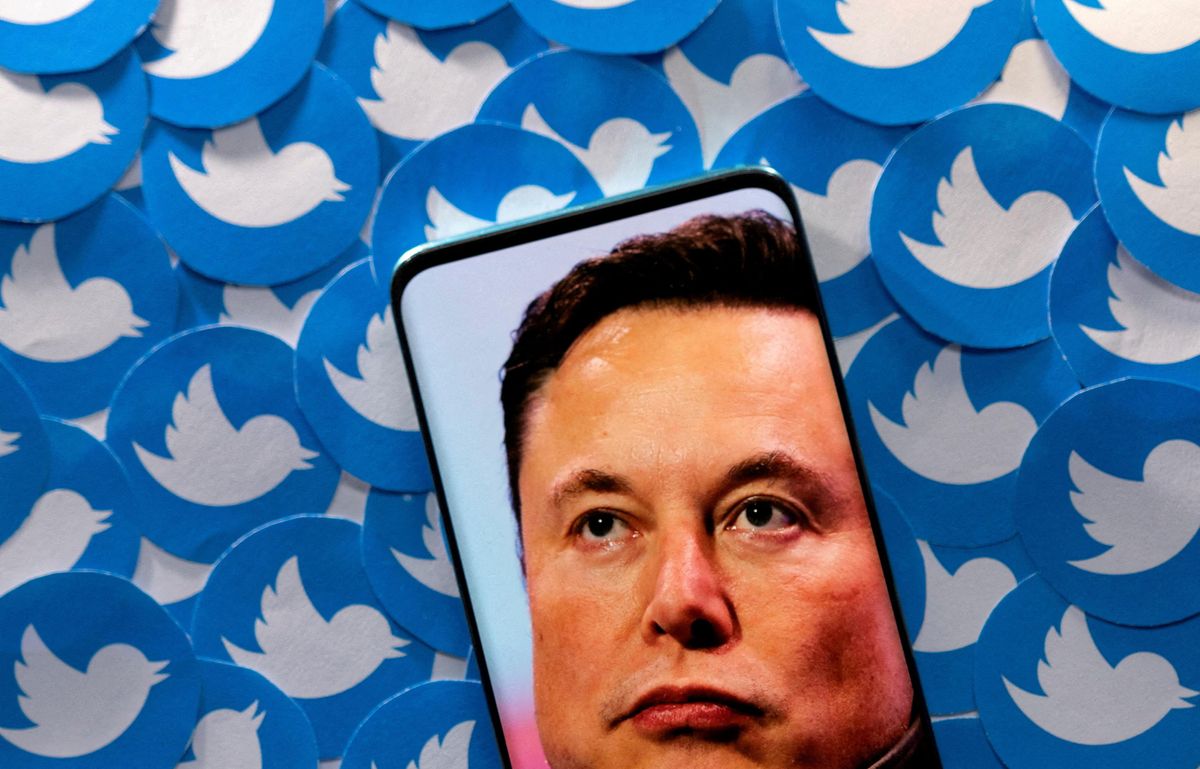Quo vadis, Elon?
Elon Musk is taking disruption to a whole new level as the CEO of Twitter. After firing half of his staff on Friday, the world's richest man has lit another fire with plans for an $8 subscription service to get verified on the social media platform. Before Musk took over, the coveted blue check was free for public figures, companies, and journalists, but now technically anybody can get it. That raises the stakes for all sorts of misinformation mayhem, though the rollout has now been delayed until after Tuesday's US midterm elections. Major corporate advertisers responded to the brouhaha by pausing their ads, with Musk admitting a big drop in revenue, which he blamed on firms caving to activists' demands. So, what’s next? Ian Bremmer — who tussled with Musk over Russia-Ukraine just weeks before the gazillionaire bought Twitter — hinted that the platform's new boss might have a shorter tenure than disgraced former British PM Liz Truss, who famously lasted less time than a head of lettuce in her last days in office. For Russia, Bremmer noted, "buying a few thousand verified Twitter accounts at $8/pop to promote disinfo feels like a no-brainer."

















